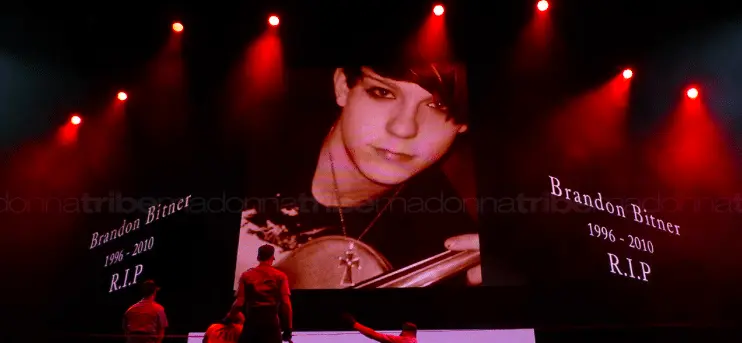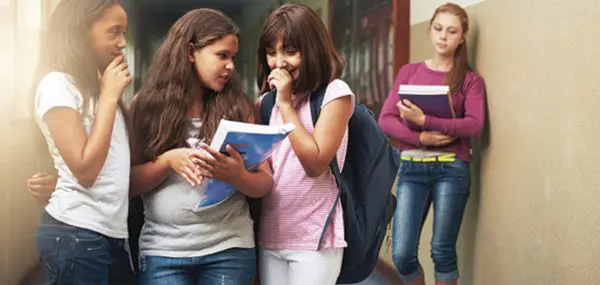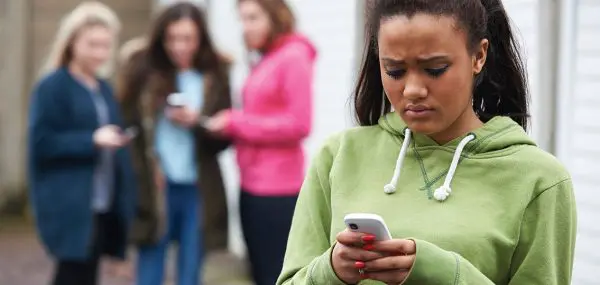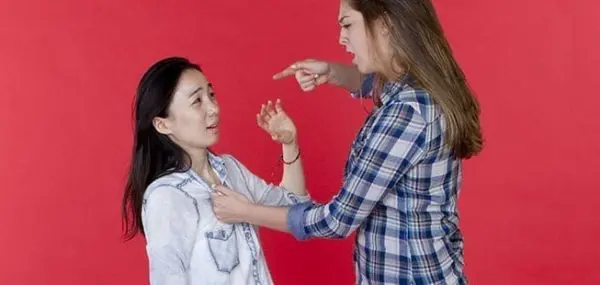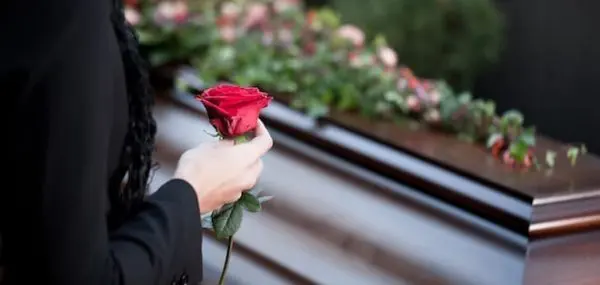Brandon Bitner’s face flashes on the video screen at Madonna’s 2012 concert tour, commemorating the 14-year-old boy who made headlines with his 2010 suicide note imploring the world to stop anti gay bullying. Pennsylvania author Glen Retief spoke with Brandon Bitner’s mother, Tammy Simpson about Brandon’s life and how his death has helped shape a movement that aims to transform American education.
Q: What was Brandon like?
Simpson: Kind, artistic, creative. He loved to cook, play the violin. He would do anything for anyone. His heart was huge. He once lugged one hundred cans in his backpack for a school food drive. He loved to walk around barefoot, even in the snow. He loved music and dreamed of playing violin in a heavy metal band.
Q: Did Brandon like Madonna?
Simpson: Ironically, he wasn’t a Madonna fan. He would have found the concert with his picture in it too “slick.”
Q: My parents were stunned to learn about my bullying experiences. Did you guess Brandon was in such a painful place?
Simpson: There were no signs at all. I mean, he—and you can ask anyone who knew him—was always smiling. He never seemed depressed or sad. I thought I could read Brandon well. He was an honor roll student and his grades never dropped. He never missed school and attended extracurricular activities.
Q: But he did something pretty drastic.
Simpson: Yeah, Brandon’s friends and I have talked. You know, for someone to walk seven miles in the dead of night, in thirty-degree weather, and step in front of a tractor-trailer going sixty miles an hour—he must have been in so much pain.
Q: What exactly do you think happened to Brandon?
Simpson: I still don’t know exactly what happened. His suicide note mentioned severe homophobic bullying and sexual harassment. I still don’t know what the harassment was, although Brandon’s friends mentioned guys teasing him by publically miming him performing oral sex. I think Brandon got mostly mental bullying, which I know can be worse than physical beatings. In Brandon’s case, he simply never recovered from it.
Q: Did you ever worry that Brandon’s androgynous “Goth” style might prompt a backlash?
Simpson: Oh, yes. I said, “Brandon, if you dress different, people will treat you different.” He said, “Mom, they already do.” And that was true. He’d been a target since middle school, even though he dressed like everyone else. I don’t think it would have made a difference if I’d forbidden him from putting on eyeliner. Expressing himself that way made him very happy.
Q: How did the school respond to the bullying?
Simpson: There was a consistent pattern of bullying. But Brandon and his friends were reluctant to report bullying at the high school, because they were afraid of the repercussions. They had seen that when kids reported incidents, life got worse for the informants and victims.
I think schools need more teacher training about dealing with bullying situations. Brandon told me other kids sometimes harassed him in class, in front of the teachers, and he was visibly upset, yet no one stepped in or said anything.
Also, I feel privacy laws also need to be changed so victims and their parents can learn if any consequence is being imposed on the perpetrators. Otherwise, it looks like the schools just don’t care.
Q: Did Brandon mention any other reasons for suicide other than school bullying?
Simpson: Brandon was absolutely clear that anti gay bullying was the main reason for his decision. He did have other struggles – a difficult relationship with his dad, unsuccessful therapy. But the primary issue was bullying.
Q: You just saw Madonna’s new tour. Was it difficult to see Brandon’s face on the screen?
Simpson: The concert was great. We had front row seats. But I definitely had mixed emotions when I saw Brandon on the big screen. I was a proud mom, but I was also sad he never got to fulfill his dream of being live on stage and singing to a stadium of people.
Q: How do you feel about the anti-bullying movement – Lady Gaga’s “Born This Way” foundation and the “It Gets Better” campaign?
Simpson: I’m thrilled, of course. We need this change. I don’t want Brandon’s death to have been in vain. In a way, Brandon and the other bullying-related suicides are still with us, through this movement they helped found. That gives me some comfort on the bad days.
Glen Retief, who recently won a Lambda Literary Award for his memoir The Jack Bank about anti gay bullying in his native South Africa, became friends with Brandon Bitner’s mother Tammy Simpson when he donated the proceeds of his paperback book launch to the Brandon Bitner Scholarship Fund at Susquehanna University.
